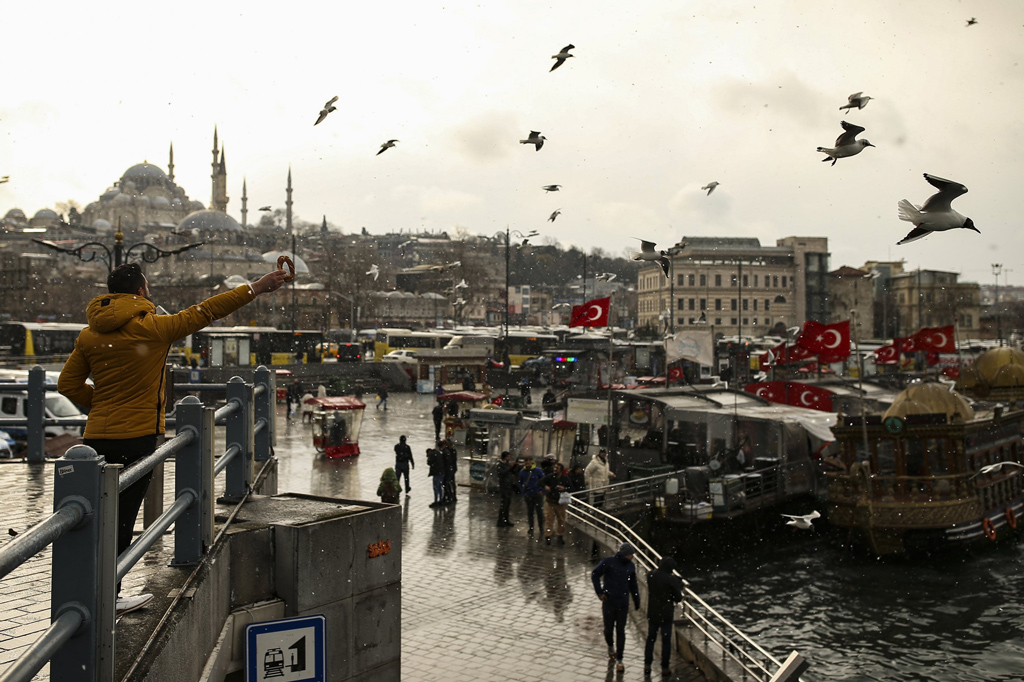
Erdoğan's candidacy, Kılıçdaroğlu's identity
To ensure that the 2023 election competition does not lead to the alienation of any religious and ethnic groups or sects, all parties, politicians and opinion leaders in Turkey must make a special effort
Share
Addressing the ruling Justice and Development Party's (AK Party) provincial consultative board in the Aegean city of Izmir, President Recep Tayyip Erdoğan took his challenge to the main opposition Republican People’s Party (CHP) chairperson, Kemal Kılıçdaroğlu, to the next level.
Erdoğan deprived Kılıçdaroğlu and the opposition of the opportunity to talk about early elections and presidential candidates by reiterating that “the election will take place in June 2023” and announcing that he will run for president on behalf of the People’s Alliance.
It was also noteworthy that the Turkish president made that announcement in Kılıçdaroğlu’s electoral district.
It goes without saying that Erdoğan’s decision to contest next year’s election signals that the main opposition leader and the "table for six" will face growing pressure to run for president or endorse a candidate.
The debate over whom the opposition bloc would potentially endorse, which happened over the last year or two, could not move up the election, but it certainly kicked off a war of words that ordinarily occurs on the campaign trail. Indeed, the competition among potential candidates within the CHP has attracted more attention than the rest.
In recent weeks, Ekrem Imamoğlu and Mansur Yavaş, the mayors of Istanbul and Ankara, lost momentum, as the candidacy of Kılıçdaroğlu, who remains unable to choose between “making amends” and confrontation, had steadily increased. Indeed, pro-opposition commentators had been preoccupied with the main opposition leader’s electability and Alevi identity – which they themselves brought up in the first place.
Most recently, Halil Ibrahim Oral, a Good Party (IP) deputy from Ankara, said that Kılıçdaroğlu’s Alevi identity represented “a source of concern for Sunnis” and “a problem (that would cause them) not to vote for him.” That party’s chairperson, Meral Akşener, proceeded to apologize to the main opposition leader by saying that “I strongly reject any (such) description of Alevi identity regardless of the person making it.”
In this regard, one could argue that Erdoğan's challenge to Kılıçdaroğlu (to decide whether the main opposition leader would run for president next year) marked the beginning of the campaign season. Moving forward, the political debate in Turkey will be shaped by the argument that the People’s Alliance has already picked its candidate, but the opposition – or the main opposition party – is yet to choose. Whether Kılıçdaroğlu has the courage to contest the election himself will be analyzed in many ways. In other words, what the CHP chairperson and the "table for six" say about presidential candidates (and what they do not) will attract more attention than before. The opposition could find it more difficult to resist the pressure to “pick a candidate.” Accordingly, the opposition’s argument – that they will identify certain principles and shape policy before endorsing a candidate right before the election – will become less convincing.
Tags »
Related Articles







